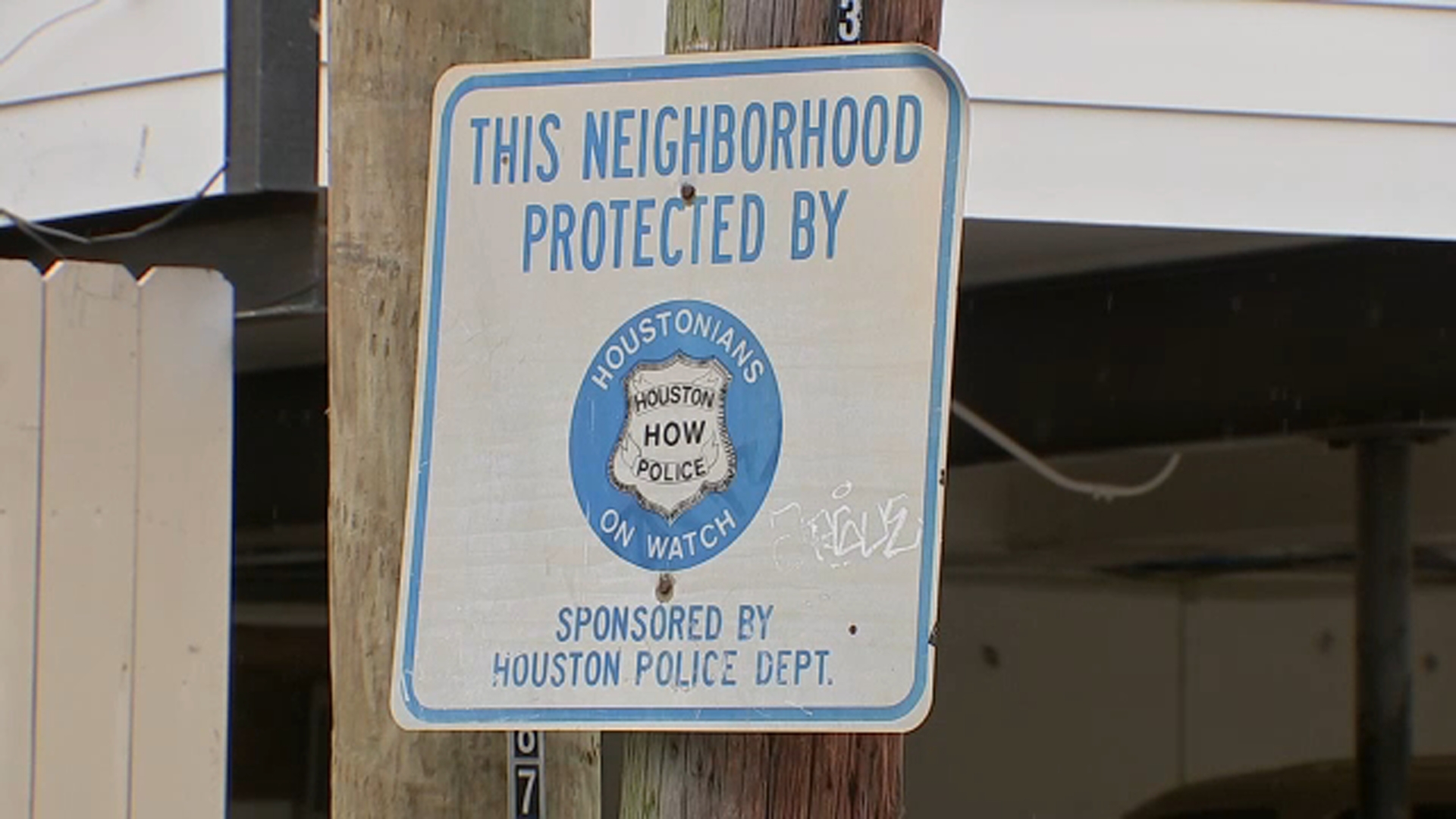Houston funeral home owner volunteers to help reunite San Antonio smuggling victims with families

HOUSTON, Texas (KTRK) -- The bodies of 40 men and 13 women who died in the nation's deadliest human smuggling tragedy are at the Bexar County Medical Examiner's office. ABC News is reporting that 37 victims have potentially been identified. The majority are from Mexico.
Federal agencies are primarily working to identify the victims. The Mexican consulate will likely step in after that to get their bodies back to their families in their home countries. That's what happened in 2003, when 19 migrants died in a similar smuggling tragedy. A Houston funeral home owner also helped out back then and said he's ready to do it again.
"When you're in the profession we're in, you don't pick and choose who you serve. We serve everyone, especially with something so tragic like this," Gregory Compean, president of Compean Funeral Home said.
Compean said a lot of hard work has gone into getting the 53 victims of the San Antonio smuggling incident back with their families. He described it as a daunting task, involving delicate details and documents. Some victims may be identified by survivors who knew them, but there's likely no record in this country for other migrants who may have been traveling alone.
After identification, Compean wants to assist in making sure the remains are prepared for transport according to Texas laws. It's something he plans to do voluntarily, whether that's handled in Bexar County, or in Houston.
"Everyone should be handled with the dignity and the respect that they deserve in a professional manner," he said.
Compean said the victims' home countries and their families are counting on the U.S. to make sure everything is done correctly.
"It's making sure that when those remains do arrive at home, that family that this loved one belongs to has an opportunity to funeralize them and say goodbye by actually viewing them. You know, as well as I do, the grieving process is denial. 'How do you know it's him? Maybe it's not him?' There's gonna be a lot of that. That's where funeral practitioners come in and dot all the I's and cross all the T's because this process has to be seamless. It really does."
Compean said he doesn't expect the first victims to be transported until mid-next week at the earliest, though some with identification challenges could take weeks or months.
For updates on this story, follow Briana Conner on Facebook, Twitter and Instagram.







